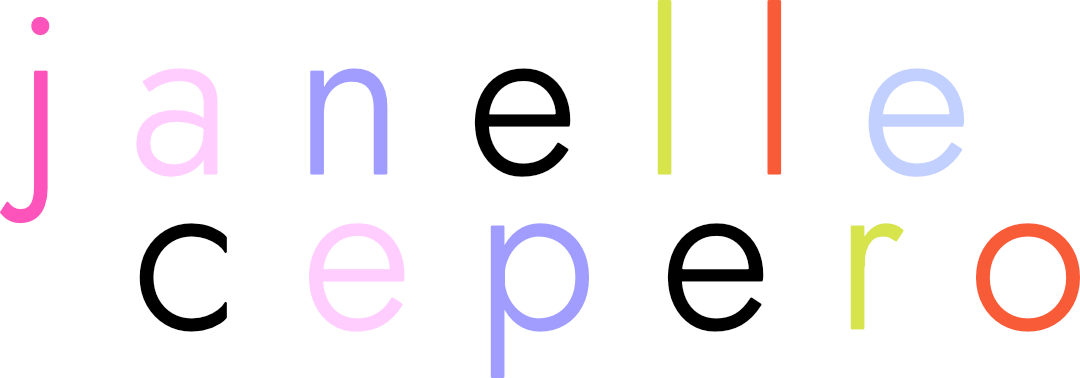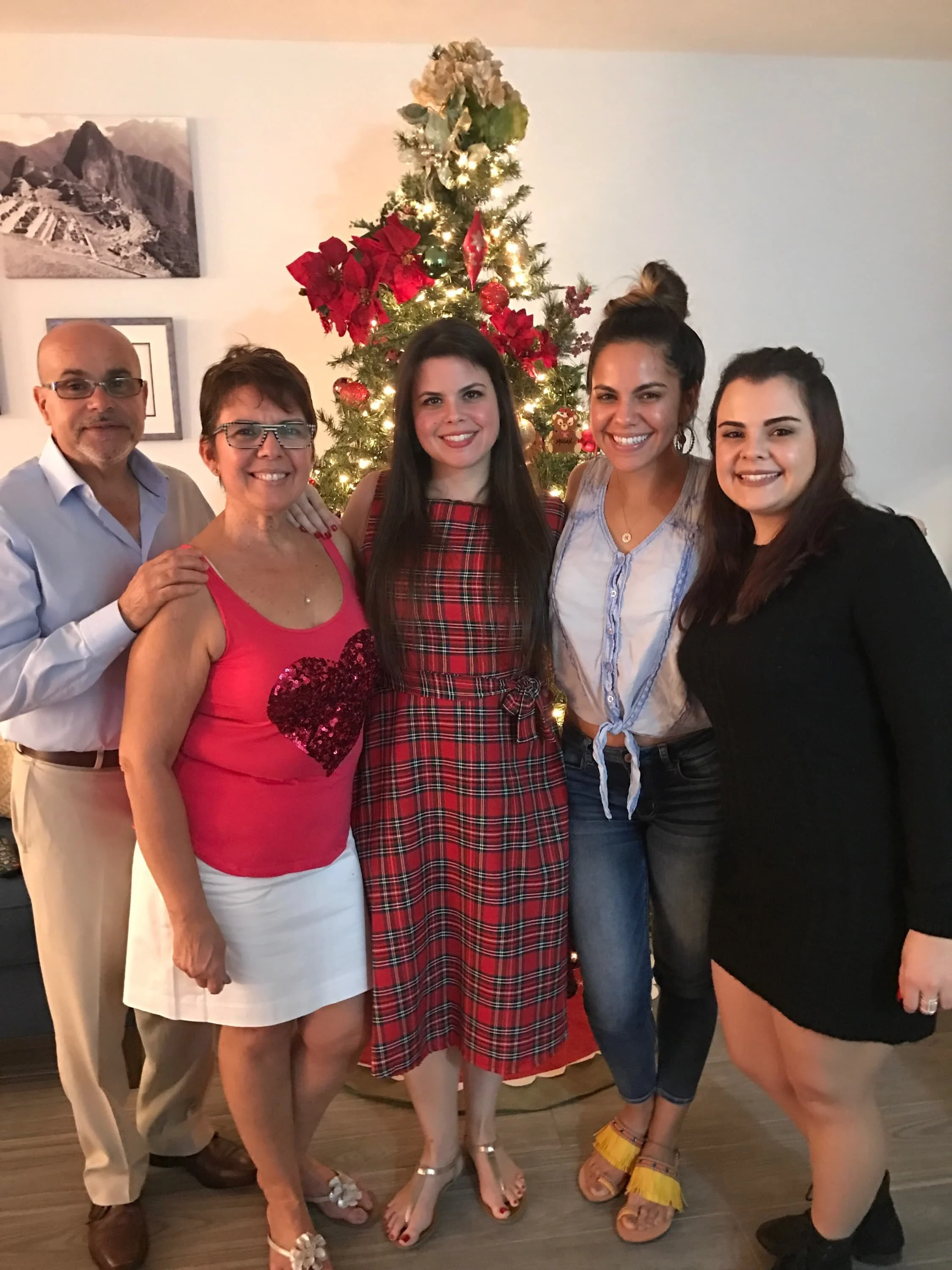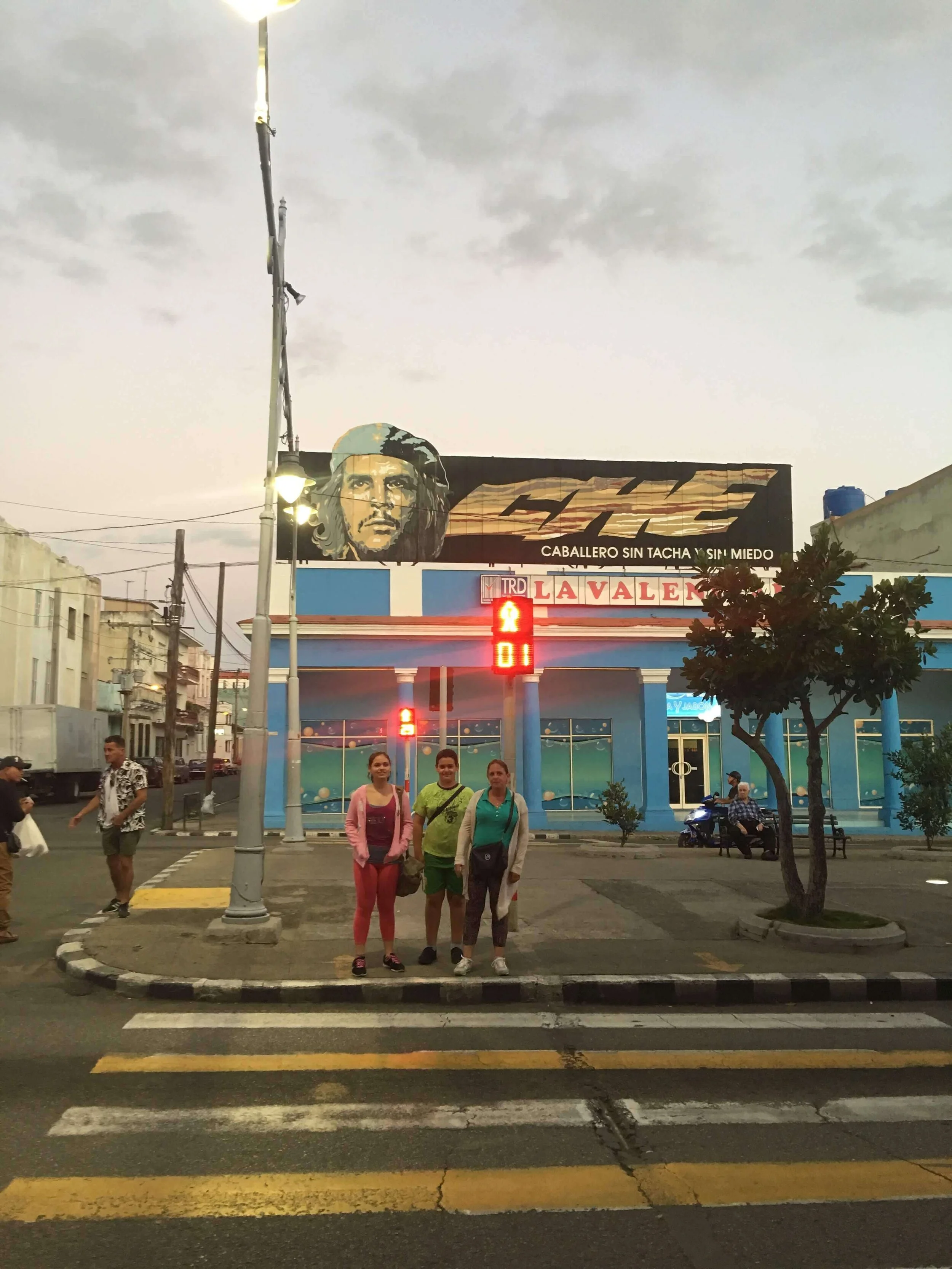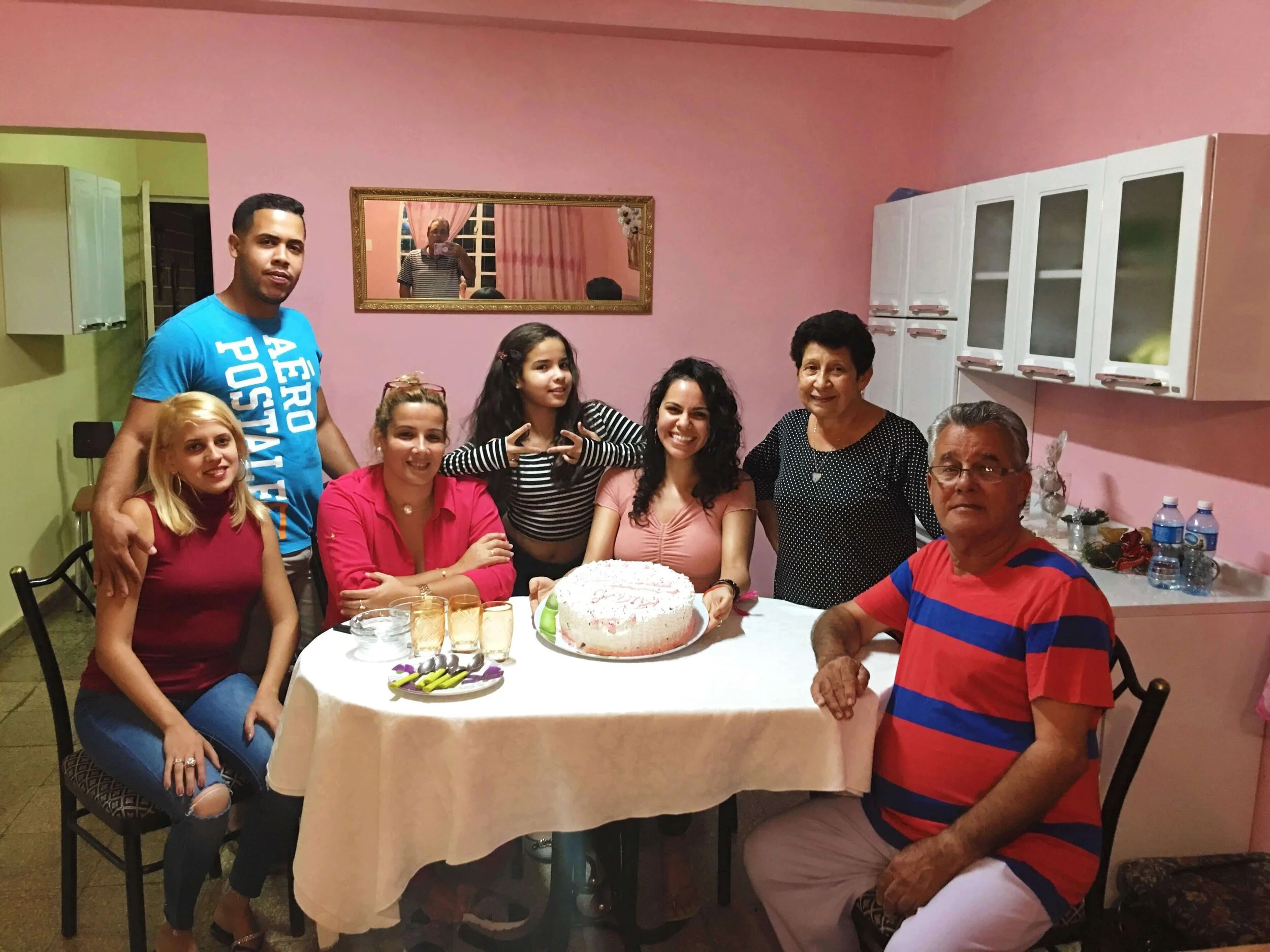Cuban-American, American-Cuban? A Story About Generational Trauma & Cultural Identity
“I will never go back. I would never give American dollars to that government. It’s dangerous. They can do whatever they want with you there. They took everything from us, our homes, our businesses, our freedom. Why would anyone want to go there?”
Miami Cubans. This is the narrative they’re known for. This is the narrative they have instilled in their American born children, who then have unjustly strong opinions about a country they’ve never been to.
This was the narrative on rewind at home growing up. In all the Cuban’s homes I went to growing up. Family or not, they all said the same thing. The Cubans that came right after the revolution that is. Not all, but most of them live in Miami. Not all, but a lot of them feel this way.
You see, there are three different kinds of Cubans:
The ones that left right after the revolution and will never go back. They’ve created their own Cuba in Miami.
The ones that came years later and often visit their families and friends back home. They’ve also created their own Cuba in Miami—a very different Cuba, a very different Miami.
The ones that chose to stay. (more on that later)
The 1’s and 2’s don’t get each other. The 1’s and 3’s definitely don’t get each other. (Yes, I am generalizing. I know.)
Politics is everything to the Cuban people. They strongly identify with their political beliefs. It defines who they are, because it defines what kind of life they live.
Growing up I didn’t think much of what category of Cubans my family fell under (1, of course). Never mind what kind of Cuban I was. I didn’t have the maturity or capacity to think much of it. Growing up in Miami, I was too self-absorbed with my own issues.
Which were…
I never felt Cuban enough. My parents came to America when they were children. They were, what we call, Americanized. We spoke English at home, I spoke English at school, I watched English movies, I listened to English songs, yet I was expected to speak perfect Spanish to warrant the proud badge of Cubanita. But after one to many embarrassing public laughs AT me, I stopped trying and my Spanish rusted like the Chevrolets in Cuba.
“You’ll never make it in this world if you can’t speak Spanish”, the elders in my family would say. Young and naive, I was already set up for failure. But when I would try, they would laugh. It was a hopeless attempt.
“Why don’t you speak Spanish?”, was always the question. Now I have to explain myself? “I dunno, my parents don’t really speak Spanish at home.” Oh, well, they should. They would say. Ok, shame me and now shame my parents. Great. “I’m speaking Spanish at home when I have kids. I don’t want them to loose their heritage”, actual friends would say to me. Ok. So now I’ve lost my heritage.
This is the sht first generationers who don’t fluently speak their mother tongue have to deal with. We’re totally out of touch with our heritage, our parents did a terrible job raising us, and we might as well not tell anyone we’re Cuban, because we’re not—not enough at least.
Why do people think it’s funny when you can't speak a language? Serious question. Why is that funny? I guess it’s even funnier when it’s a language you “should” speak.
How dare you call yourself Cuban when you can’t even speak Spanish? Was the conclusion I was came to after years of being shamed.
My grandmother was the only one I dared to speak Spanish with. She never made fun of me. She always nodded patiently and said “si, si, te entiendo” or “suave, suave, que me quieres decir?” If it wasn’t for her, I would have lost the little Spanish that I had left. Till this day, she is the only person that understands my broken Spanish, and never laughs at me.
So I never felt Cuban enough because I couldn’t yell with my relatives at gatherings. I couldn’t even carry a conversation with the Publix cashier. I felt like an outsider in my own country—within my own race.
But I wasn’t sure I was quite American either.
La familia Cepero
At 18 I decided to go to the furthest state school from Miami.
“You won’t like it,'“ they said, “there are a lot of white people.”
White people? But I am white…right?
No. No I am not. For the first time in my short life, I realized I was “other”. I also realized I wasn’t raised in America—I was raised in Miami.
I had not an inkling of how Cuban I really was until I found myself starving for Latinx friends. I felt so incredibly uncomfortable and out of place in a room full of white people. The first organization I joined in college was the Hispanic Student Union. I had never felt more understood than I did in those HSU meetings. I could pick up a Miami accent from a mile away, and I didn’t even care if this person had anything else in common with me, we were bonded for the next four years simply because we knew—we just knew.
If my college years taught me anything, it was that I wasn’t American enough—but I still wasn’t Cuban enough.
I felt out of place in Miami. I felt out of place in Tallahassee. I felt out of place in the rest of the country. Perhaps, in a way, that “out of place-ness” was a bit of a driving force to travel the world. Maybe I’ll find myself abroad?
And find myself I did. In my years solo-traveling the world, I realized I wasn’t any of those things. I wasn’t Cuban. I wasn't American. I wasn't a label. I was nothing yet everything.
My Cuban and American identity crisis was rooted in my not-enoughness.
It wasn’t that I didn’t feel Cuban enough or American enough—I didn’t feel enough, period.
I didn’t need to speak perfect Spanish. I didn’t need to feel comfortable in a room full of white people. What I needed was to realize I was enough just as I am.
My time traveling around South Asia taught me I was enough.
With that massive life lesson under my belt, I came back home from my first long-term solo-trip with a determination to go to Cuba. I had to reach my own conclusion that I was enough—Cuban “enough”, American “enough”, but ultimately just enough. Once I did, I was ready to go to the Motherland.
But any Cuban-American knows, you don’t just go to Cuba. This is a major decision, one that will not be supported by your family. We’re not Canadians or Europeans planning a vacation to “stuck-in-time-Havana”. We’re not thinking about driving top down through El Malecón in a classic convertible. We’re not excited about the cigars, mojitos, and salsa dancing—(ok, maybe a little excited about salsa dancing).
As we plan our trip to Cuba, we’re thinking if everything our parents said was true—what if they really do imprison me? We’re not excited to travel to a land “stuck-in-time”—we’re nervous and on the verge of crying. We’re thinking about what clothes, shoes and medicine we need to bring our family. We’re definitely not saying pretentious sht like “I want to go to Cuba before it changes.” We want it to change, for the sake of our family and our heritage.
I already knew how my parents felt. But I was nearly 30 years old, a veteran world traveler. They couldn’t pull the “it’s dangerous” card on me, and they knew the “don’t give your money to the government” card wasn’t going to work either. They took a few deep breaths and gave me their blessings.
As for my my sisters, they had no desire to go.
“You don’t want to see your Motherland?!”
“No Janie. We only have two weeks of vacation and we’re going to Europe for Christmas.”
Ugh. Fine.
Had I not tapped into my inner power to travel alone, I would still be waiting for someone to go to Cuba with me.
But I’m so glad I didn’t wait another day and went alone. No preconceived notions to alter my opinions. Just me and my open mind, open heart, and deeply imbedded generational trauma.
The Cuban people are so kind, these strangers posed for my picture.
I always thought I would go to Cuba for the first time with my grandmother, but even with my best power of persuasion, I wasn’t going to convince her. She did help me coordinate my trip though. She had a sister in Cuba, so the plan was to visit her and her family in Havana and stay with them for a few days before venturing out on my own. Abuela shipped me a pillow and peanut butter to have waiting for me.
“No tienen extra almohadas ahi y seguro no tienen mantequilla de mani. Disfruta!”
(“They don’t have extra pillows there and they definitely don’t have peanut butter. Enjoy!”)
This was the family that chose to stay. I didn’t even know I had family in Cuba that wanted to stay. I didn’t know there were Cubans that supported the revolution. Ignorant, but this is the result of only hearing one side of the story.
With my heavy-duty whale of a bag full of clothes, shoes, medicine and Cuban café (yes, one must bring Cuban coffee to Cuba…think about that for a second), I boarded a less than hour flight to my Motherland. How is it that an island just a small sea away could feel so far away? So distant, foreign and out of reach?
As the plane descended and the primitive tropical mountains came into my vision, I thought about my mom as a little girl forced to leave her home, never to return again. I thought of my grandmother having to hide her jewelry before the government took inventory. I thought of the pain my family experienced, forced to leave the only home they knew, come to a new country with less than $100, not allowing themselves to look back.
I cried their tears as that plane landed, finally fully understanding their pain was very much mine. And then everyone clapped. That’s what Cubans do when they land in Cuba—they clap. And it felt like they were clapping for me.
My intention to visit Cuba wasn’t necessarily to heal our generational trauma. It was simply to see Cuba for myself and create my own narrative. But there was some major healing that was about to take place.
The first thing I noticed upon my arrival was the Cuban accent. The only place I had ever heard this thick Cuban accent was, of course, Miami. It is so uniquely Miami that I was oblivious enough to think it was a Miami thing. But of course it’s not.
It’s a Cuban thing.
In a land I had never stepped foot on, I felt a coming home I’ve never even felt in India, Costa Rica, or even Miami. These are my people. This is where I come from. THIS is MY Motherland.
I had never felt so enough as I did in that moment standing in José Martí International Airport for the first time. My broken Spanish didn’t even phase me. I was Janelle, loud and proud la Cubanita-Americana from Miami.
Meeting my Cuban family for the first time felt more like a reunion than a first time encounter. They loved hearing my American accent. They didn’t laugh or give me a hard time for my broken Spanish. They were encouraging and patient with me. We exchanged stories. I, my travel stories. They, their Cuba stories. They proudly shared with me their Cuba, a Cuba I had never been exposed to.
One island, one family, two very different stories.
I spent 8 days solo-traveling my way around Cuba. I visited the house my dad was born in. I sat in the park he played in as a child. Standing there in front of my father’s first home, one he would never see again, it felt like an immense privilege to truly understand his pain.
I visited my grandmother’s hometown. It probably hasn’t changed much since she was last there. It’s gradually aged, just like her.
For days I walked around Cuba with a heavy heart. I didn’t realize how much pain I was carrying from this land. So much anger and tristeza surfaced and I just couldn’t quite get past the only story I knew. With a heavy heart, I couldn’t find it in me to turn the page in my family’s story.
But two days before my departure, something changed. Perhaps it was my reflective solo-hike in the secluded mountains of Trinidad—la naturaleza reminding me Mother Earth is perfect regardless of political stance. Or maybe it was connecting with my family there, allowing the pain and trauma to surface and release in a safe space. But something did eventually change.
The heaviness that hung my heart low was lifted. A sense of forgiveness on behalf of my family, giving that stuck page in our Cuba story just enough light heartedness to finally turn.
On that trip I honored my family’s past, not ever forgetting what they’ve sacrificed, but ready to finally move forward and begin a new chapter in our Cuba story.
A lot of people visit Cuba to relax, to experience, to see. First generation Cuban-Americans visit Cuba to understand, to make sense, to heal. It is a wildly different trip for us, a full circle moment—one not all of us will ever be ready for.
It’s been two years since my trip to Cuba. I do plan on returning—always. The Cuba story will not end with me. It starts a new chapter with me.
It breaks my heart to meet first generation Cuban-Americans that didn’t continue the story. They chose to believe the narrative and closed the book entirely. It breaks my heart, but it’s their right.
Or the Cuban-Americans that never even had a chance to hear the story. The ones “sheltered” from their family’s trauma, with no sense of their Cuban culture.
They will never know the Cuban people. They will never witness first hand the effects of interdependency. Forced to lean on each other, Cubans have mastered the art of giving and receiving, an art visitors are privileged to experience. With the little they have, Cubans are the most generous, warmest, kindest people—I don’t make that claim lightly. I have never felt as safe as I did roaming the streets of Cuba at 2am. It is a land like no other.
I know how blessed I am to have been able to heal some of my family’s generational trauma and write my own Cuba narrative.
If I’m being honest, I love my American parts. It’s why I’m a free spirit feminist. Why I can be such an individualist and live my truth. Why I can travel the world alone. But I’m in love with my Cuban parts. It’s why I’m animated, hot-headed and spicy. Why I can never tell a story without raising my voice or my hands. Why I have such a zest for life.
I finally understand why I am enough, why my parents will never go back, why my family chose to stay, and why Cubans are so incredibly special.
You see, there are four types of Cubans.
The ones that left right after the revolution and will never go back.
The ones that came years later and often visit their families and friends back home.
The ones that chose to stay.
The ones that are keeping the story alive by turning the page and writing a new chapter.
Separated by our political beliefs, united by the beat of the drum pumping in our blood and the craving for sugarcane running through our veins.
Loud and proud,
Janelle, La Cubanita-Americana from Miami



